This is an exploration on hope. This is an exercise on writing futures we want to see realized. This is a piece about the impossible that we can write into existence and the things we can choose to change. This is a piece about the power of imagination as a fruitful first step towards active realization.
Part I: Why Hope?
I didn’t own a proper television until last year. I missed writing in hotel rooms, at airports, and at bars. When the pandemic hit, I bought a television and signed up for Hulu Live so I could play the news in the background as I wrote. I think it’s because I can’t write in silence because silence is a privilege, and I’ve been challenging every aspect of my privilege for a few years now. I think it’s also because the droning tones of history repeating itself, on an infinite loop, force my brainwaves to leap into the quantum possibilities of the implausible.
Currently in the news: The Future of the Johnson & Johnson Vaccine.
“Futures” have been thrown around so carelessly lately. Especially when so many Black humans remain constantly deprived of theirs.
My social skills have atrophied and, in many ways, so have many of my thoughts and sentence structures.
Last summer, I picked up Albert Camus, because existentialism tracks, because long days make me yearn for the dark, and because Camus had a cat named Cigarette—which is the one thing I want to quit but I’m terrible at quitting; although, lately, writing is a close second.
I underlined a section in Creating Dangerously that reads:
“In the end, art created outside of society cuts itself off from its living roots.”
I thought it was funny to read “society” and “roots” in the same sentence because I still feel like one is in the active pursuit of destroying the other at any given
time.
///
I asked the editors of this essay for an extension... In the previous piece, I’d spent too much time in 1987 because that was the year that my mother died and in my dramatic arc I felt it was the beginning of my story. Then I realized that it was bad form to spend so much time indulging in the inciting incident, and even worse form to take a “devising the future” assignment and make it about my fucked-up past.
I was asked to write about envisioning and devising the future, but anyone who has worked with me knows that I am not great at devising a future we feel comfortable knowing, but rather am great at making us feel very anxious about the futures we don’t want to think about. I hope to change that.
Since the pandemic, the words around my work have shifted from “it’s confusing” to “it’s hopeful.” Interesting how our Present circumstance can rewrite our Past feelings and dictate our Future wants (more on that below)...
The dystopias, the fucked-up-topias, the mirrors-to-a-future-society-if-we-keep-down-this-path-topias have… hope? Apparently. That says a whole lot about our present.
I guess it’s true that we write what we know and (cue the tiny violins) I boldly state that when you lose your mother as a young girl, who is convinced she is a boy, your emotional nutrition depends on hope. You gorge on it. But where I used to feed on it, now I’m obsessed on growing it, because I know no other way and also I’m known to prefer farm-to-table over fast food.
Future and hope are interwoven, just like past and memory.
I am indeed a hopeful nihilist with positive existential tendencies. I think that translates to: humans are messed up and we are all going to die but if we take our cue from the more-than-human world, we too have the capacity to evolve and not be prisoners of fear. No?
As a playwright who thinks in Spanish, my first language, but writes in English, a lot of my work gets lost in translation.
I can imagine that some people will instinctively feel hope is a privilege and not everyone is so lucky, and yet I humbly offer my recent discovery during Yom HaShoa (Holocaust Remembrance Day) at our synagogue, listening to survivors and the children of survivors of the Holocaust, and also the discoveries from accounts of survivors of cartel violence: they say that hope is what gave them the vision of their own future. In fact, the vision of their possible future was, in itself, hope.
Future and hope are interwoven, just like past and memory.

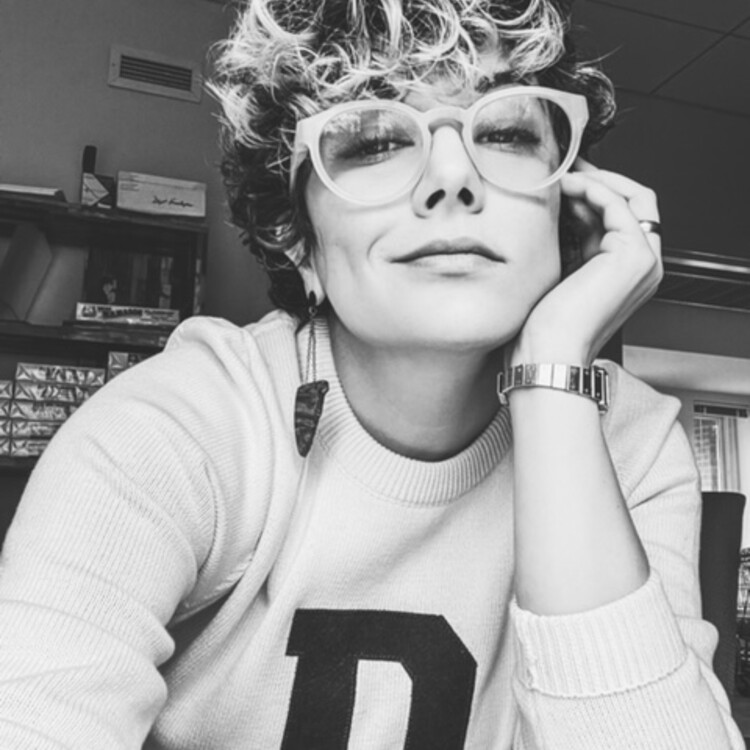
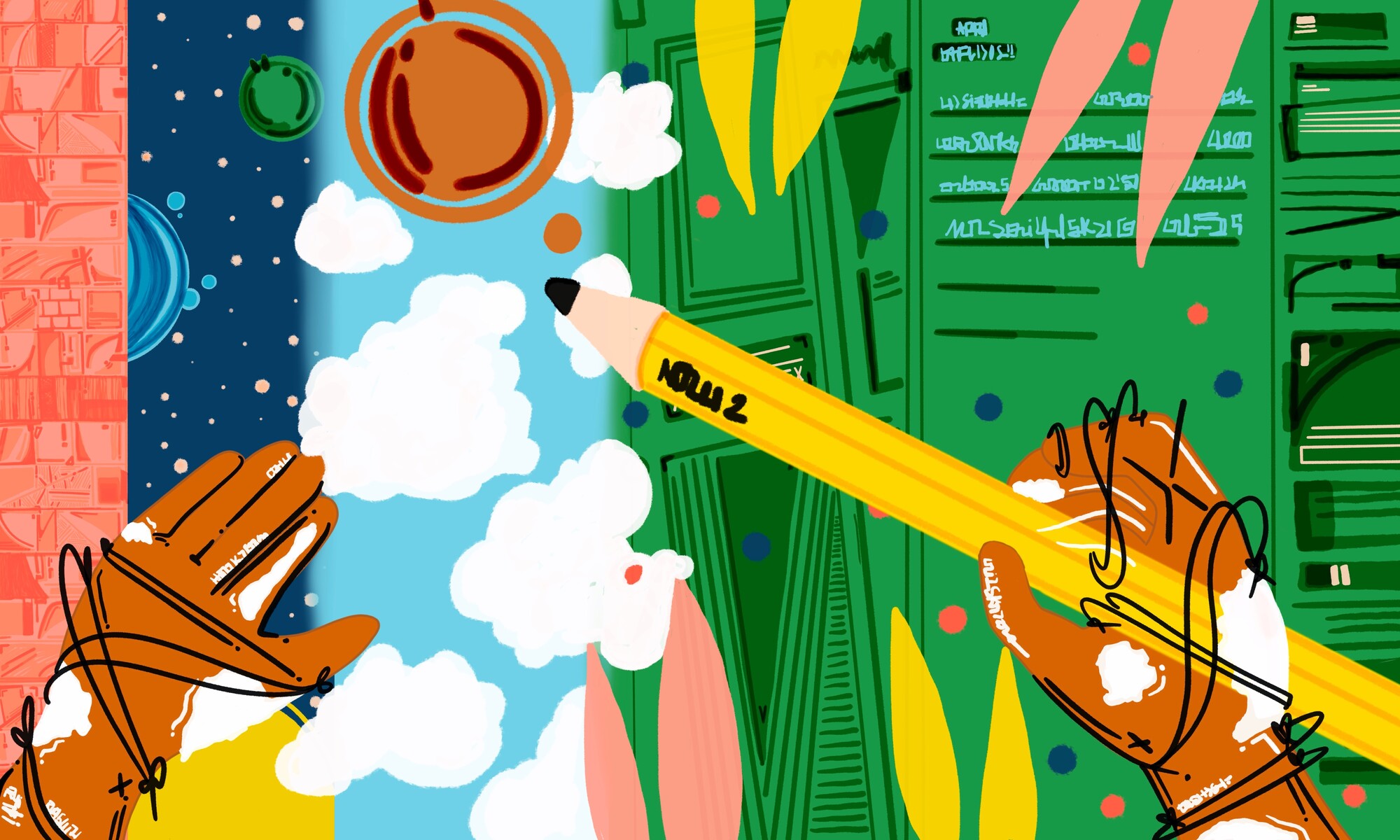

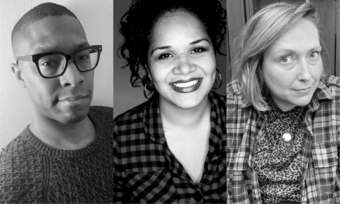




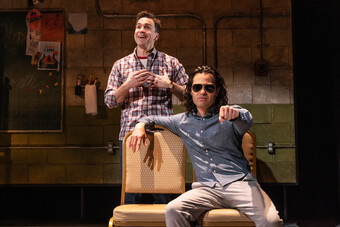


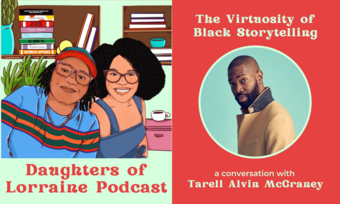



Comments
The article is just the start of the conversation—we want to know what you think about this subject, too! HowlRound is a space for knowledge-sharing, and we welcome spirited, thoughtful, and on-topic dialogue. Find our full comments policy here
This is brilliant. Thank you, Georgina. You've offered practical fire. I'm going to start imagining that impossible future right now.